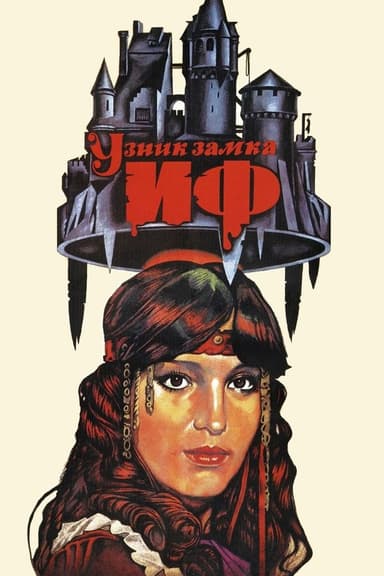
The Count of Monte Cristo
2024 • Action, Adventure, Drama • NR
Edmond Dantès becomes the target of a sinister plot and is arrested on his wedding day for a crime he did not commit. After 14 years in the island prison of Château d’If, he manages a daring escape. Now rich beyond his dreams, he assumes the identity of the Count of Monte-Cristo and exacts his revenge on the three men who betrayed him.
Runtime: 2h 58m
Why you should read the novel
The novel The Count of Monte Cristo by Alexandre Dumas is a literary masterpiece that immerses readers in a gripping tale of revenge and justice. Through its sprawling narrative and complex characters, the book explores themes of hope, betrayal, and the resilience of the human spirit. The rich language and vivid descriptions draw readers into 19th-century France in a way that no movie adaptation can fully replicate.
Reading the novel provides unparalleled insight into Edmond Dantès’ motivations and internal struggles. The details of his transformation from a naïve sailor into the enigmatic Count are thoroughly explored, offering depth and nuance that films often must condense or overlook. Dumas' storytelling invites readers to ponder the true price of vengeance and the nature of forgiveness across hundreds of captivating pages.
Furthermore, the book presents a broader tapestry of characters and intricate subplots, allowing for a fuller appreciation of Dumas’ vision. While the 2024 movie may capture the main arc, only the original novel delivers the complete, unabridged journey, rewarding those who dive into its pages with a richer, more satisfying experience.
Adaptation differences
The 2024 adaptation of The Count of Monte Cristo makes notable changes in its interpretation of the source material, particularly in the narrative structure. While the novel unfolds gradually, allowing for careful character development and nuanced plotting, the film opts for a more streamlined narrative, condensing events and sometimes merging or removing minor characters to fit the constraints of a theatrical runtime.
In this adaptation, the portrayal of Edmond Dantès’ transformation is more concise and focused on visual storytelling rather than the introspective and philosophical nature presented in the novel. The motivations of secondary characters are sometimes altered or simplified to create clearer, more direct emotional arcs, making the story more accessible to modern audiences but sacrificing some of the complexity found in Dumas’ original work.
Some subplots and backstories, such as the detailed accounts of Dantès’ fellow prisoners or the complex political intrigues of the era, receive less attention or are entirely omitted. This results in a version that prioritizes pace and action over the rich, interwoven narrative threads that make the novel so enduring and multifaceted.
Moreover, certain themes, such as the question of divine justice versus human retribution, are less emphasized in the 2024 film adaptation. The book’s philosophical reflections and moral ambiguity are often replaced by a more clear-cut delineation of good vs. evil, catering to contemporary storytelling preferences while departing from the novel’s deeper explorations.
The Count of Monte Cristo inspired from
The Count of Monte Cristo
by Alexandre Dumas















